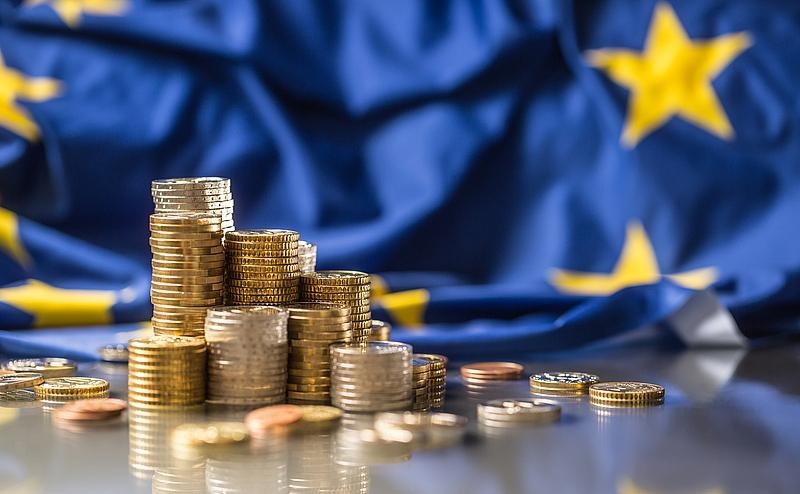As of 8th August, file sharing platform WeTransfer will have new terms and conditions, effectively giving its ownership to use your files to feed generative machine language models.
This includes any kind of file, from films, photos, artworks, sensitive information and so on.
WeTransfer, owned by Italian firm BendySpoons since mid-2024, is one of the most popular services for sending large files around the world. It allows you to transfer large files to another party by uploading them onto WeTransfer’s servers. The recipient is then emailed a link to download them.
While the premium version offering greater capacity, the free version is known to be generous and useful.
However, WeTransfer’s change in its terms and conditions include a paragraph under the heading of ‘Content’, clause 6.3, that might generate some concern among its users:
The paragraph reads:
“You hereby grant us a perpetual, worldwide, non-exclusive, royalty-free, transferable, sub-licensable license to use your Content for the purposes of operating, developing, commercialising, and improving the Service or new technologies or services, including to improve performance of machine learning models that enhance our content moderation process, in accordance with the Privacy & Cookie Policy. Such license includes the right to reproduce, distribute, modify, prepare derivative works based upon, broadcast, communicate to the public, publicly display, and perform Content. You will not be entitled to compensation for any use of Content by us under these Terms.”
It also implies that if you upload something and used WeTransfer to send it to someone else, it can now stick it into an AI platform, and if people then produce ‘derivative works’ based on it, there is no compensation to be made.
The full T&Cs can be found here.
Job vacancy rates: Northwest Europe has highest demand for workers, while Eastern and South Europe struggle
Malta's job vacancy rate is above he EU average
EU Commission unveils record €1.816 trillion budget – but faces an uphill battle on the negotiations table
The plan, touted as 'more strategic, more flexible, more transparent,' seeks to reallocate funds toward competitiveness, defence, and crisis resilience
Malta’s dramatic increase in cost of living: visualised
Price levels rising from 84 per cent to 93 per cent of the EU average






